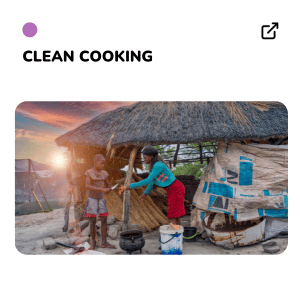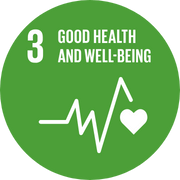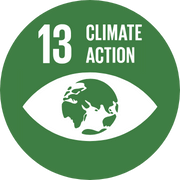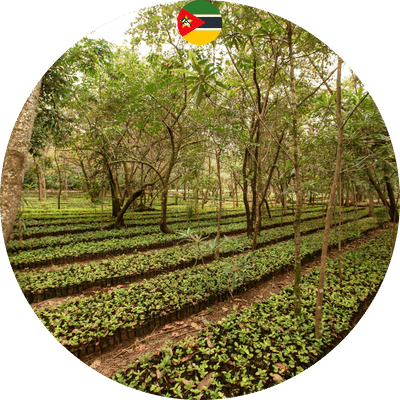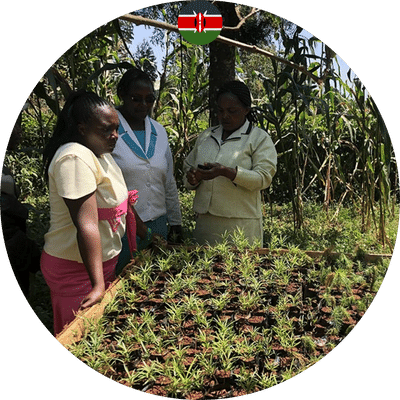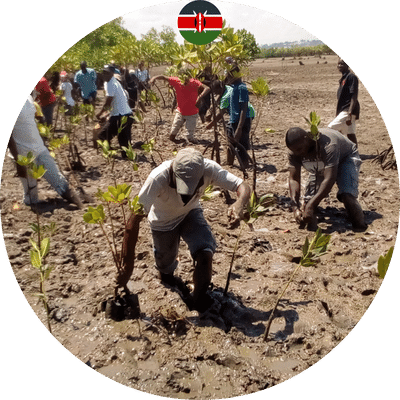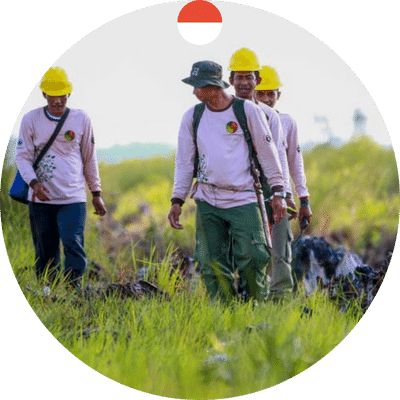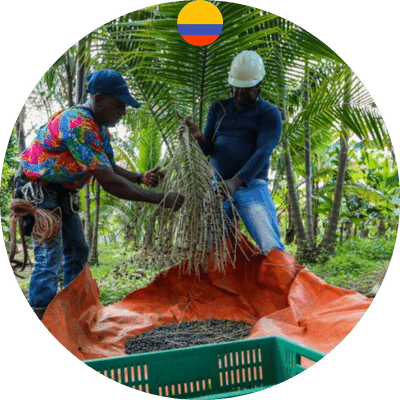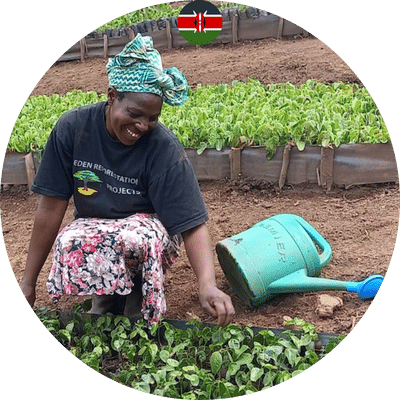Improved cook stoves in Kenya
Project details
Kenya has been making strides in addressing the issue of indoor air pollution caused by traditional cooking methods. Improved cook stoves have become a crucial element of this effort.
The Gold Standard verifies this project. You can view it here on the Gold Standard registry.

Project location
In Kenya, only 13.42% of the population has access to clean cooking fuels. Instead, the majority of people, especially in rural areas, cook over open fires on stones.
These traditional stoves generate a significant amount of indoor smoke due to poor combustion efficiency. The use of solid fuels for cooking (such as charcoal, crop residue, or dung) is a primary risk factor for deaths and health problems due to air pollution. This poses a health hazard for the local population, primarily women, who use traditional stoves. Additionally, harmful substances are also released into the atmosphere.
Project objectives
The Aberdare Clean Stoves project aims to provide clean cooking solutions to people living in the Aberdare Range.
The Aberdare Range is a 160 km-long mountain range in the highlands, north of the Kenyan capital Nairobi.
The project will distribute approximately 23,000 improved cookstoves to households. These stoves are based on a permanent structure of bricks and mortar and require less wood fuel than traditional stoves to cook a meal. This reduces the amount of fuel burned for cooking, thus lowering greenhouse gas emissions. Through this project activity, an estimated 73,833 tons of CO₂ per year are expected to be prevented from entering the atmosphere.
Improving fuel efficiency will also reduce wood collection and deforestation in the area. Part of the Aberdare Range is native forest, and wood gathering places significant pressure on the local ecosystem and biodiversity.
Another additional benefit of this project is the reduction of indoor air pollution in the homes of the local population. This will improve the respiratory health of the users.
Clean cooking
Project Drawdown defines clean cookstoves as solar-powered or fuel-burning household stoves that reduce greenhouse gas emissions by increasing thermal efficiency, reducing specific emissions, or increasing ventilation.
Clean cooking is an important solution because traditional biomass-based cooking produces black carbon, a short-lived climate pollutant that is responsible for about 20% of global warming since the pre-industrial era. Black carbon is also a major contributor to air pollution, which causes millions of deaths each year.
Clean cook stoves can reduce black carbon emissions by up to 90%, and they can also reduce greenhouse gas emissions from methane and carbon dioxide. In addition, clean cookstoves can improve human health and well-being by reducing indoor air pollution and exposure to harmful chemicals.
Project Drawdown estimates that clean cooking could reduce global greenhouse gas emissions by 1.2 gigatons per year by 2050. This would make it one of the most effective climate solutions available.
Sustainable Development Goals
When allocating our members’ funds, we’re committed to aiding in the Sustainable Development Goals set by the United Nations. Below are the SDGs acknowledged for this project.
Project Photos











